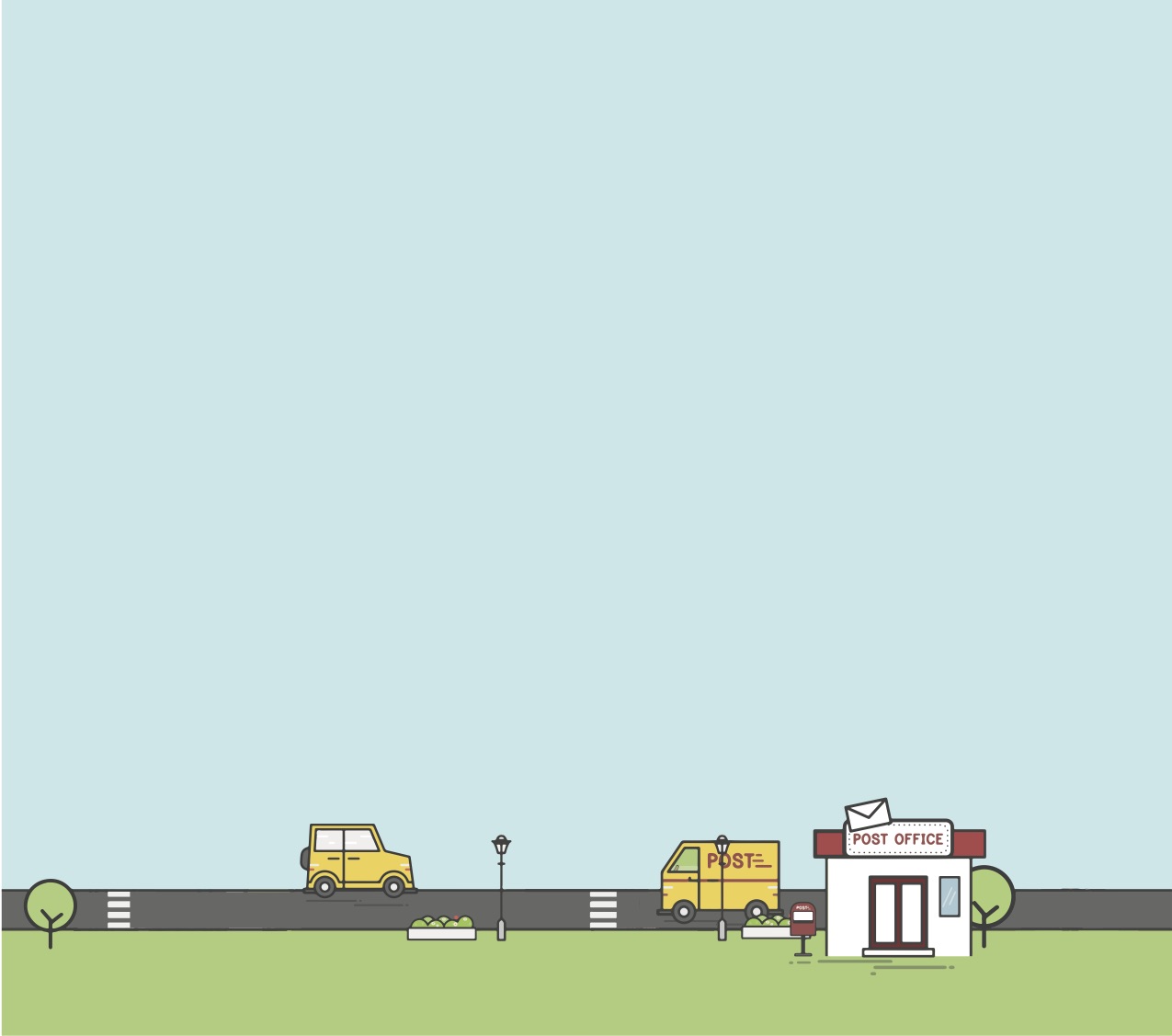
In the wake of the COVID-19 pandemic, businesses across the KW region are facing huge reductions in revenue, with many closing down for the foreseeable future.
As Canadian officials urge Ontarians to practice social isolation and employees throughout the region transition to working from home, cab companies are facing drastic changes. J. T. Pearson, office manager at City Cabs Kitchener, said that the company is seeing “about a 50 per cent reduction in [their] current volume of business.”
Similarly, Waterloo Taxi has seen “a decline of anywhere from 30 to 40 per cent in business. It’s been like nothing we’ve ever experienced,” said Tony Rodrigues, Director of Marketing at Waterloo Taxi.
Cab companies are not the only ones affected by government recommendations to stay home. Bojana Dabic, who works at a Williams Cafe in Waterloo, says that the reduction in revenue has led to the owner’s decision to close the cafe from Mar. 20 until further notice.
Paula White Diamond, owner of the Paula White Diamond Art Gallery and Design Studio, talked about the difficulty of trying to get a game-plan in order amidst the rapidly changing situation and acknowledged how stressful the past few weeks have been for her.
“[I am] pretty much the same as everyone else in the world right now. I was actually one of the first businesses to close in the city. You know, I have to take responsibility for my staff and the artists that I represent. I was worried about everybody so I just decided it was the best thing to do, unfortunately,” Diamond said.
Businesses that remain open are taking extra measures to ensure the safety of their employees and customers.
At Princess Cafe, that means closing to the public.
“Starting Monday, we switched to a takeout-only service, so we are just serving directly onto the street. We have a sliding window,” Marc Lecompte at Princess Cafe said.
As places of business that once helped accommodate the sanitary needs of City Cabs’ drivers close, the taxi company has increased its concern for the sanitary needs of its employees and customers.
“All of our drivers are using gloves right now. In terms of vehicle care, yes, we are advising regular sanitization of all high-touch services. Most of our drivers are doing that either on a ride-by-ride or every-second-ride basis.”
“As more restaurants and coffee shops like Tim Hortons close, a lot of our drivers rely on those facilities for going to the bathroom and keeping [their] hands washed, so actually we’re seeing an increase — drivers are coming into our office where they have facilities to do that,” Pearson said.
For cab drivers, the region-wide shortage of hand sanitizers poses more concerns.
As Pearson points out, hand sanitizers act as a sanitary substitute for taxi drivers since “they do not have access to a sink regularly.”
However, Rodrigues notes that “those supplies are essentially nonexistent.” Rodrigues has even distributed his personal supply of sanitization supplies to the company’s drivers and says he has plans to reach out to grocery stores soon to see whether they can set aside some supplies for the drivers, or at least notify cab companies when they have supplies back on the shelves.
The never-ending series of changes is concerning for many businesses. David Worsley, co-owner of Words Worth, said his store’s actions are guided by government recommendations, which they follow closely.
“We are, like most small businesses, just kind of dealing hour to hour,” Worsley said.
At City Cabs, all employees are encouraged to “stay current, and follow up on all the federal and provincial health recommendations,” Pearson said.
As the city’s future remains unclear, small business owners are hoping for the community to come together and support local businesses.
“It kind of helps to have a positive view of humanity generally. When you’re a small business, you develop relationships face-to-face, you develop relationships that I think are genuine, and the proof of that is getting through a crisis like this,” Worsley said.































